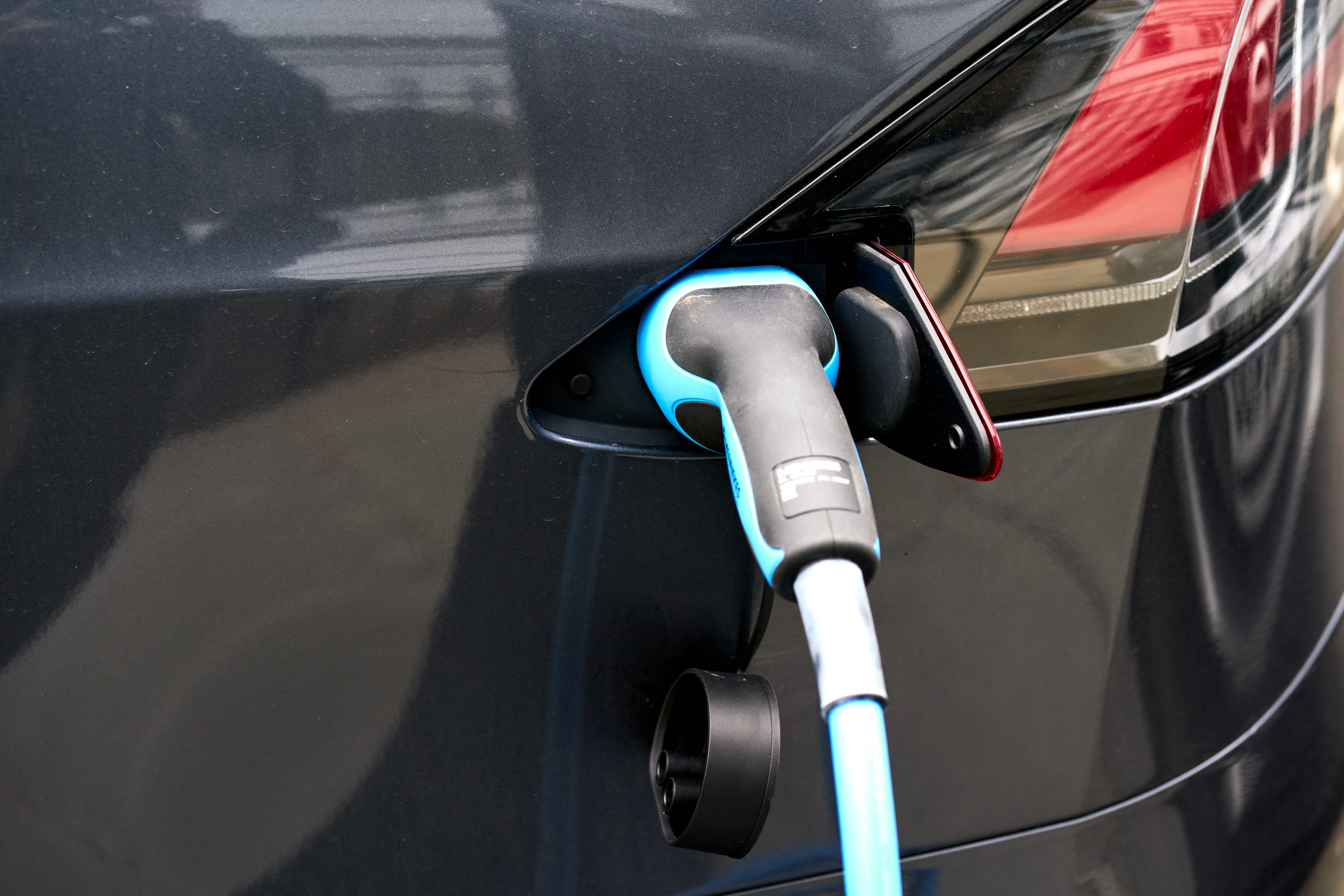Ministers meet auto industry over EV mandate
A spokesperson for the Government said it recognises ‘the global challenges the industry has been facing’.

Your support helps us to tell the story
From reproductive rights to climate change to Big Tech, The Independent is on the ground when the story is developing. Whether it's investigating the financials of Elon Musk's pro-Trump PAC or producing our latest documentary, 'The A Word', which shines a light on the American women fighting for reproductive rights, we know how important it is to parse out the facts from the messaging.
At such a critical moment in US history, we need reporters on the ground. Your donation allows us to keep sending journalists to speak to both sides of the story.
The Independent is trusted by Americans across the entire political spectrum. And unlike many other quality news outlets, we choose not to lock Americans out of our reporting and analysis with paywalls. We believe quality journalism should be available to everyone, paid for by those who can afford it.
Your support makes all the difference.Ministers have met automotive leaders to discuss sales quotas for electric vehicles (EVs).
A spokesperson for the Government said it recognises “the global challenges the industry has been facing”.
Under the zero-emission vehicles (Zev) mandate introduced on January 1, at least 22% of new cars sold by each manufacturer in the UK this year must be zero-emission, which generally means pure electric.
The UK automotive sector now has the fastest growth of zero-emission vehicles of any major European market
The threshold will rise annually.
Failure to abide by the rule or make use of flexibilities – such as buying credits from rival companies or making more sales in future years – will result in a requirement to pay the Government £15,000 per polluting car sold above the limits.
Under the current rules, the mandate will rise to 80% by 2030, but the Government has committed to bring the ban on the sale of new petrol and diesel cars and vans forward from 2035 to 2030.
The Government said it will set out further details in due course.
There are fears the Zev mandate is putting jobs at risk at UK vehicle factories.
Incentives are in place for fleet purchases of EVs, but manufacturers want subsidies for private buyers to be reinstated.
Wednesday’s meeting was attended by Transport Secretary Louise Haigh, Business Secretary Jonathan Reynolds and representatives from organisations such as Ford, Nissan, Volkswagen Group, Stellantis, BMW, Toyota and the Society of Motor Manufacturers and Traders (SMMT).
Discussions were also held about EV charging infrastructure.
A Government spokesperson said: “Ministers from across Government have met with automotive sector and industry representatives to discuss the transition to electric vehicles, and how the Government can support continued growth of the sector.
“Recognising the global challenges the industry has been facing, ministers underlined the Government’s commitment to working constructively and in close partnership with the sector as we support the transition to electric vehicles by 2030.
“The UK automotive sector now has the fastest growth of zero-emission vehicles of any major European market, and we’re providing more than £2.3 billion to support industry and consumers in making the switch, with 57 new public electric vehicle chargers added on average each day.”
The meeting was held hours after Ford announced it will cut about 800 roles across the UK over the next three years as part of a wider European jobs cull amid pressure from “lower-than-expected demand” for its electric cars.
SMMT figures show registrations of fully electric new cars across the UK rose by 14.2% during the first 10 months of the year compared with the same period in 2023, with a growth in market share from 16.3% to 18.1%.